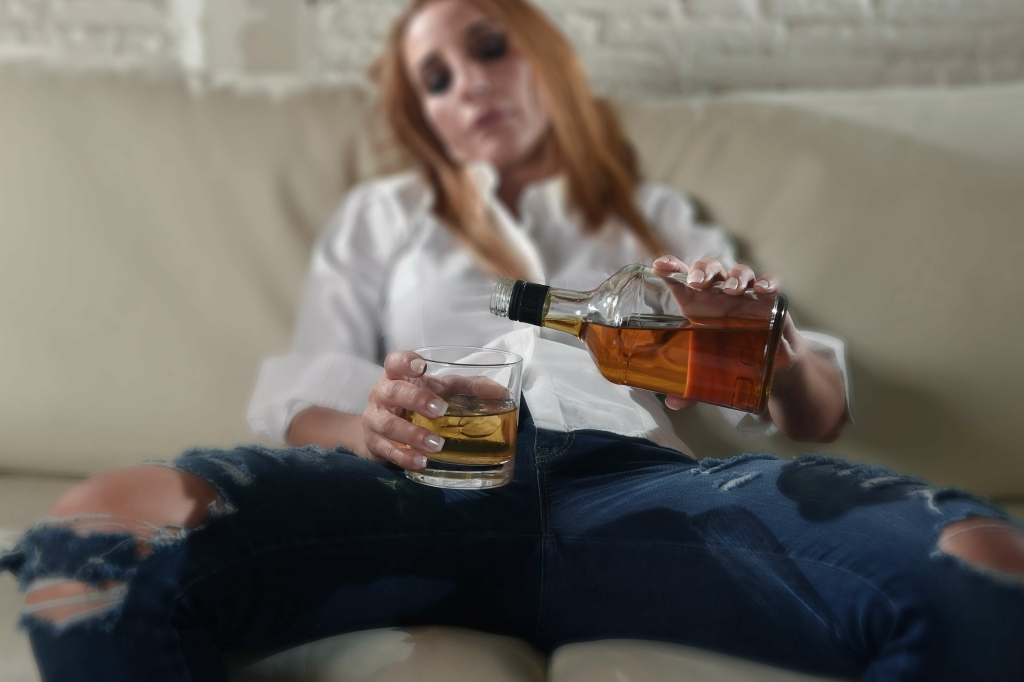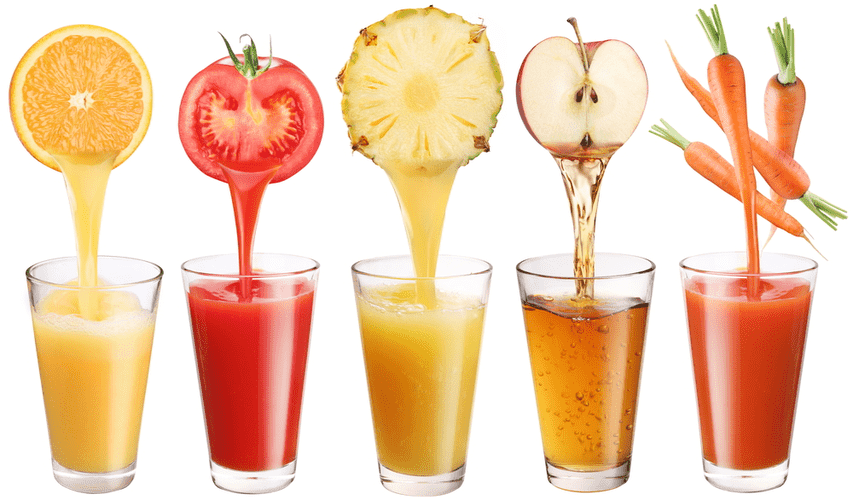While it can sometimes be hard to predict who will develop alcohol withdrawal syndrome (AWS), it has been found to impact around 8% of all people who are hospitalized with an alcohol use disorder (AUD). Other people may experience severe symptoms that require professional intervention. As anxiety disorders are the world’s most common mental disorders, finding a solid support network will be accessible and relatable.
Alcohol and Anxiety − Final Considerations
And we might feel better for an hour or so, but then all those negative feelings come pouring back and round and round we go. It is not uncommon for people suffering from OCD to use alcohol to cope with symptoms. At first, it might seem like alcohol is an effective tool for quieting the mind. The reality is that alcohol can actually make compulsions more intense. I joked at the time that I had OCD moments, but I now realize that I was in the early clutches of a full-blown anxiety disorder. And, by the way, had actually developed OCD (obsessive-compulsive disorder).
Risk Factors for Anxiety
- Occasionally, Dr. Lin may recommend that additional therapy is needed and ask that you bring a therapist into your care team in order to provide the best outcome.
- Standard delivery of RPT also may require a pivotal adaptation when applied to clients with comorbid anxiety disorders.
- By Sheryl Ankrom, MS, LCPCSheryl Ankrom is a clinical professional counselor and nationally certified clinical mental health counselor specializing in anxiety disorders.
- However, if you find yourself frequently experiencing anxiety and regret after drinking, particularly after heavy drinking, it may be a sign of a more serious problem.
- Keep in mind that using alcohol to treat anxiety symptoms might start a harmful cycle.
- Since panic attacks can cause physical symptoms, it can sometimes be hard to tell whether you are having one or experiencing another, more serious event.
- Drinking alcohol causes a number of immediate effects in your body – your heart rate may increase, your blood sugar drops and you may eventually become dehydrated.
Even if you’re consuming a standard amount of alcohol — a 12-ounce beer or a 5-ounce glass of wine — you’ll experience a mild detox or withdrawal. It takes your body and liver about eight hours to remove what’s essentially a poison. As this is happening, it can affect your central nervous system and cause you to feel jittery or anxious. “Kids who have anxiety who are also using alcohol, if they start to use that alcohol to cope with negative feelings, that can set up a pretty negative path for them, and they are more likely to use alcohol problematically,” Bilsky said.
- Eating a balanced diet, particularly with “super foods” that support mental health, is highly beneficial for easing stress and improving mood.
- Even simply thinking about attending the gathering might cause them anticipatory anxiety.
- But if drinking never ends, and the alcohol use becomes chronic, you might begin to see how anxiety and alcohol misuse can feed into each other.
- However, this pattern of alcohol use can ultimately exacerbate anxiety and lead to the development of alcohol dependence or alcohol use disorder (AUD).
- In this case, researchers concluded that for some people, binge drinking increased the immediate risk of a heart attack.
- Both alcohol use disorder and anxiety disorder are treatable conditions, and require developing healthy coping mechanisms.
When is it time to seek professional help?
The bigger problems start when that anxiety pops up even when alcohol isn’t involved, which starts to happen if you binge for long enough. The information contained on this page and in any third party websites referred to on this page is not intended nor implied to be a substitute for professional https://www.altzone.ru/forums.php?m=posts&q=3929&n=last medical advice nor is it intended to be for medical diagnosis or treatment. Third party websites are not owned or controlled by Bupa and any individual may be able to access and post messages on them. Bupa is not responsible for the content or availability of these third party websites.

Are you struggling with anxiety and alcohol abuse?

If you are concerned that you or someone you care about has a problem with alcohol there is a lot of help available. Here you can find useful links and https://clomidxx.com/the-path-to-finding-better-3/ phone numbers to get the support you need. Anxiety can become a health problem if it affects your ability to live your life as fully as you want to.
FAQs on Alcohol and Anxiety
The risks “increase exponentially” with heavy drinking, researchers found. If you do choose to drink alcohol, keep to no more than moderate intake. Alcohol withdrawal symptoms usually begin within eight hours after someone has their last http://bethelccoh.org/Design/make-a-car-design drink, but they can also occur several days later. For most people, the symptoms will peak during the first few days, but they can continue for weeks. AUDs may begin with sporadic drinks that escalate in amount and frequency over time.
- If you already have an anxiety or panic disorder, you may be more likely to experience these symptoms after drinking alcohol.
- Most panic attacks peak within about 10 minutes, but they can have strong symptoms that include heart palpitations, shortness of breath and an intense sense of impending doom.
- It takes your body and liver about eight hours to remove what’s essentially a poison.
Anxiety and Alcohol Use Disorders
Psychiatrists are doctors who have specialized training in diagnosing and treating complex mental health conditions through medication management. If you are experiencing symptoms of a mental health condition such as depression, anxiety, bipolar disorder, PTSD, or similar, a psychiatrist may be a good place to start. Alcohol’s impact on neurotransmitters in the brain, such as serotonin and gamma-aminobutyric acid (GABA), can disrupt the body’s natural balance and increase susceptibility to anxiety attacks. Moreover, alcohol-induced changes in sleep patterns and overall brain function can further exacerbate anxiety symptoms, potentially culminating in full-blown anxiety attacks. When you experience alcohol-induced panic attacks, this cycle can become even more frightening and potentially result in a long-term panic disorder.

Prevalence and Clinical Impact of Comorbid Anxiety and AUDs
If you are experiencing regular panic attacks, you need to ask for support. Speaking with friends and family can help them prepare to support you when a panic attack strikes. It is also important that your seek support from your GP, who will talk you through available treatment options.
